6. Herman’s Cure-All Tonic (2008)
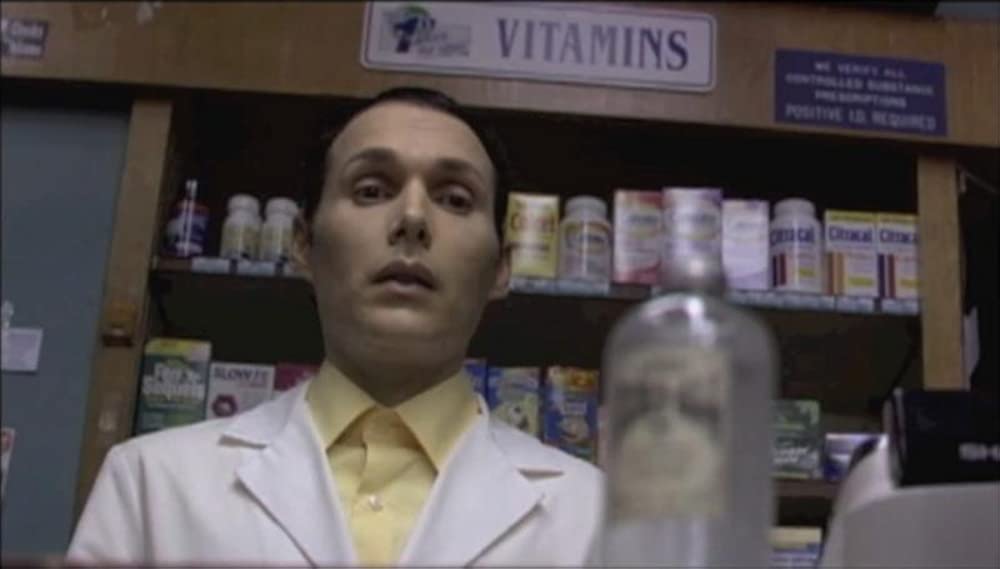
The earliest artifact of Aster’s pet themes and obsessions, this 2008 short film is also the director’s first full-blown foray into the realm of horror and a story will make faint-hearted viewers turn away and squirm in disgust.
The film centers around a meek young man named Harold who works the counter at his family’s pharmacy selling his father’s secret and much-demanded tonic. Delving too much into details is a sure way to spoil its fun and shocking twist, but needless to say, things get progressively darker and intense through its brief 12 minutes. In fact, despite its shoestring budget and drab visuals, “Herman’s Cure-All Tonic” ranks among Aster’s most gruesome and unpleasant viewings and gives body horror maestro David Cronenberg a good run for his money. As long as you have a strong stomach, this is a smart starting point for newcomers that will serve as a litmus test as to how well they’ll respond to Aster’s darkly warped instincts.
5. The Strange Thing About the Johnsons (2011)
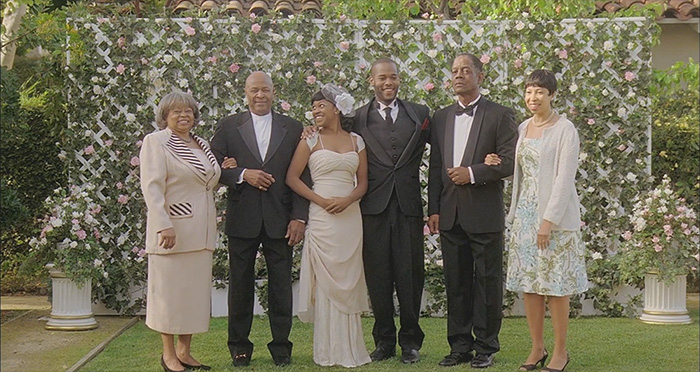
If you just watched “Hereditary”, “Midsommar” or “Beau is Afraid” and noticed how disturbing and messed up the family dynamics in Ari Aster’s movies seem to be, boy, wait till you sit through “The Strange Thing About the Johnsons”. A spiritual precursor to his feature-length domestic dramas that makes the Oedipal Complex present in the Roy family in “Succession” seem like child’s play, this 2011 short film more than lives up to its title as Aster’s weirdest, uncomfortable, shocking, and controversial work to date.
A valuable insight to the warped state of mind of a shameless provocateur, this short actually served as Ari Aster’s thesis film while studying at the American film Institute’s graduate school in California. Let’s just say that we wish to have been a fly on the wall to see the reactions of his classmates during an early screening first-hand. Higher in shock value than in substance, it’s the type of pitch-black comedy you watch where every single chuckle feels guilty—obviously not for everyone, but there’s plenty of value if you can get on its wavelength.
4. Munchausen (2013)
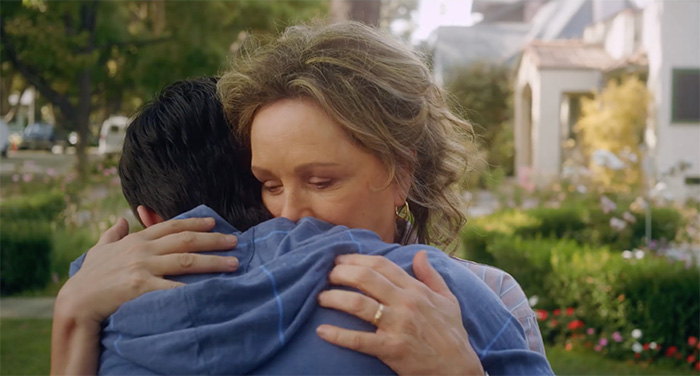
Remember that overwhelmingly sappy prologue to Pixar’s movie “Up” that made everyone sob like a baby circa 2009? Well, if you took that intro, spoofed it, and hired the director of “Hereditary” to helm it, you’d probably have “Munchausen”.
In this 2013 short film titled after the famous psychological condition, an overbearing mother struggles to confront the fact that his son is all grown up and going off to college. Filmed without dialogue, the story documents the ramp up to the son’s graduation and the mother’s morbid efforts to delay his departure by deliberately making him sick. The genius of Aster’s short is that it tells the story strictly through visual language and overbearing music, playing out at first like a sort of cookie-cutter Disney short designed to tug at your heartstrings before showing its true colors as a gut-wrenching Hitchcockian thriller. Hilarious and disturbing in almost equal measure, revisiting this pure distillation of Aster’s talents will remind you of what it felt like watching “Hereditary” the first time.
3. Beau is Afraid (2023)
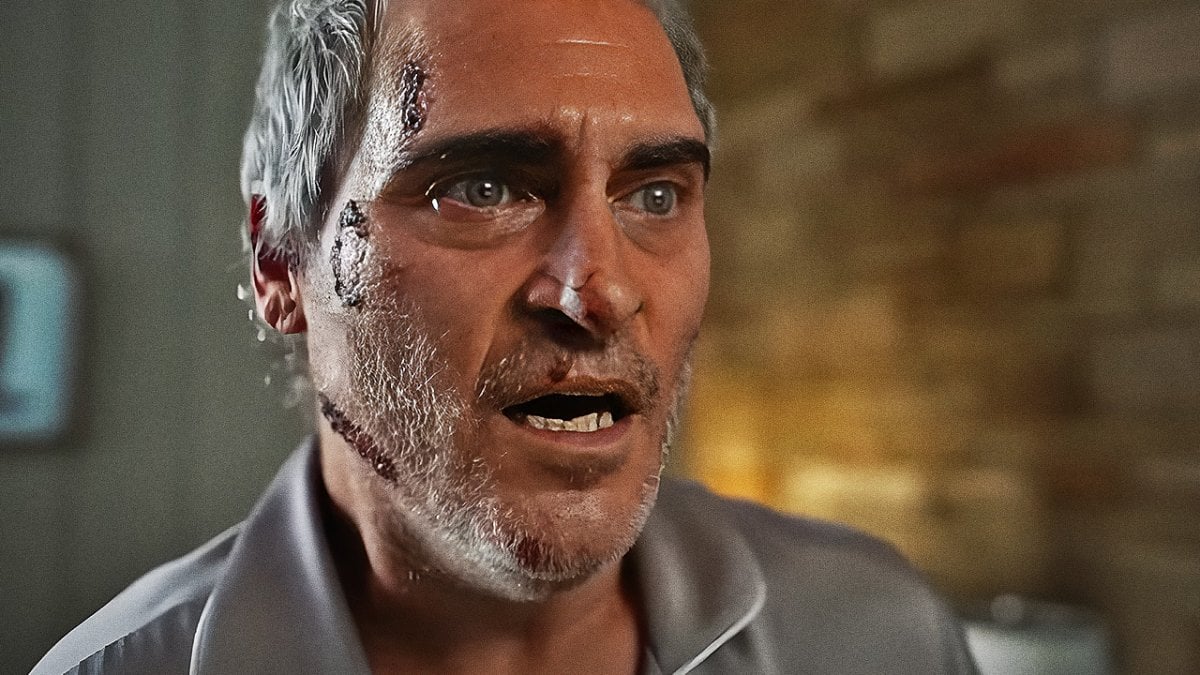
Of all the superlatives one can lay at the feet of Ari Aster, one that almost everyone could agree on is that he’s never been content with playing it safe. Far from a crowd-pleaser, Aster’s newest is not only his most polarizing film to date, but never managed to draw much of a crowd at the box office and actually turned out to be the biggest bomb in A24 history. All things considered, though it may not convert any new fans, “Beau is Afraid” is one of the boldest studio releases in recent memory, something that will surely enhance its prospects for later reassessment.
A film that exists in the trenches between psychological nail-biter and pitch-black comedy, “Beau” is the story of an anxious, middle-aged man (Joaquin Phoenix) who must travel all across the country to attend his mother’s funeral. Throughout the spiritual journey, he must reckon with his neuroses, guilt, repressed trauma from his childhood, and anxiety, all of which are crudely manifested in psychotic—and often hilarious—episodes that bleed into each other in unexpected ways. The fact that Aster convinced a major studio to roll the dice on a 3-hour-long Kafkaesque surreal tragicomedy-slash-existential fever dream about unresolved mommy issues is commendable and almost a minor miracle in itself. It may not be as fully formed or consistent as “Hereditary” and “Midsommar”, and certainly not nearly as accessible, but “Beau” features some of the finest scenes in Aster’s canon.
2. Midsommar (2019)
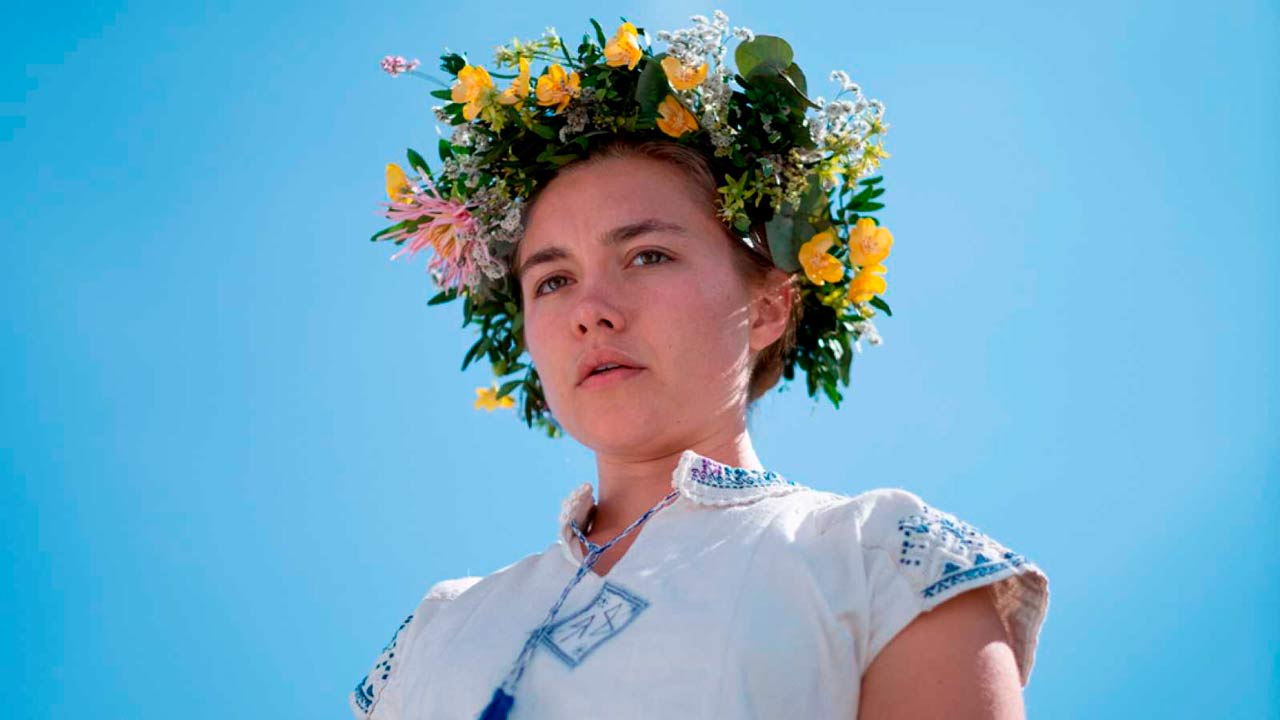
The rule of thumb when it comes to young filmmakers with only one bona fide masterpiece under their belt, is that sophomore slumps are to be expected. Not when it comes to Ari Aster, however, who continued to march to the beat of his own drum and staked his claim at the top of horror hill by following up his walloping debut with the equally self-assured and disturbing “Midsommar”.
An observant study of grief and massed hysteria that soon morphs into a crescendo of nightmarish tension, Aster’s 2019 smash hit puts viewers in the shoes of a group of American college students, who take a trip to rural Sweden to join a commune and study folkloric customs during the Nordic solstice festival. It doesn’t take too long for Dani (Florence Pugh, in a star-making turn) or the audience to realize there is something more sinister at play—which makes the inevitable bloodbath all the more disturbing. Steep in dreadful atmosphere and teeming with blood-curling moments that will keep you on edge and cling to your mind like barnacles, “Midsommar” is more than just a contemporary riff on “The Wicker Man”—it’s a blunt reminder that broad daylight can be just as terrifying as the dark of the night.
1. Hereditary (2018)
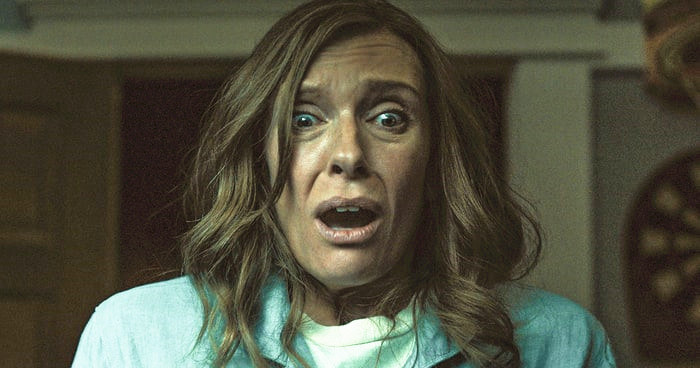
As first efforts go, this one deserves to be mentioned in the same breath as “Eraserhead” and “Reservoir Dogs” as not only an earth-shattering smash hit that launched its director onto the world stage and carved a permanent place in the pop-cultural discourse, but one of the finest genre offerings of the 21st century so far.
As much a demonic horror story as a Bergman-esque psychological drama that tears at the fabric of generational trauma, “Hereditary” thrusts viewers in the middle of a grieving family caught in a vortex of mounting tragedies, all while an evil force lurks in the shadows threatening to implode it from within. Toni Colette leads all proceedings as the film’s matriarch and miniature artist, delivering a career-defining turn that most definitely should have been showered in accolades (but somehow didn’t!). Despite any lack of statuettes, one can only stand back to marvel at her stunning lead performance as well as Aster’s ability to fill us with dread and discomfort. Add both to the mix, and you get not just one of the best horror movies in the past decade—one of the best, period.